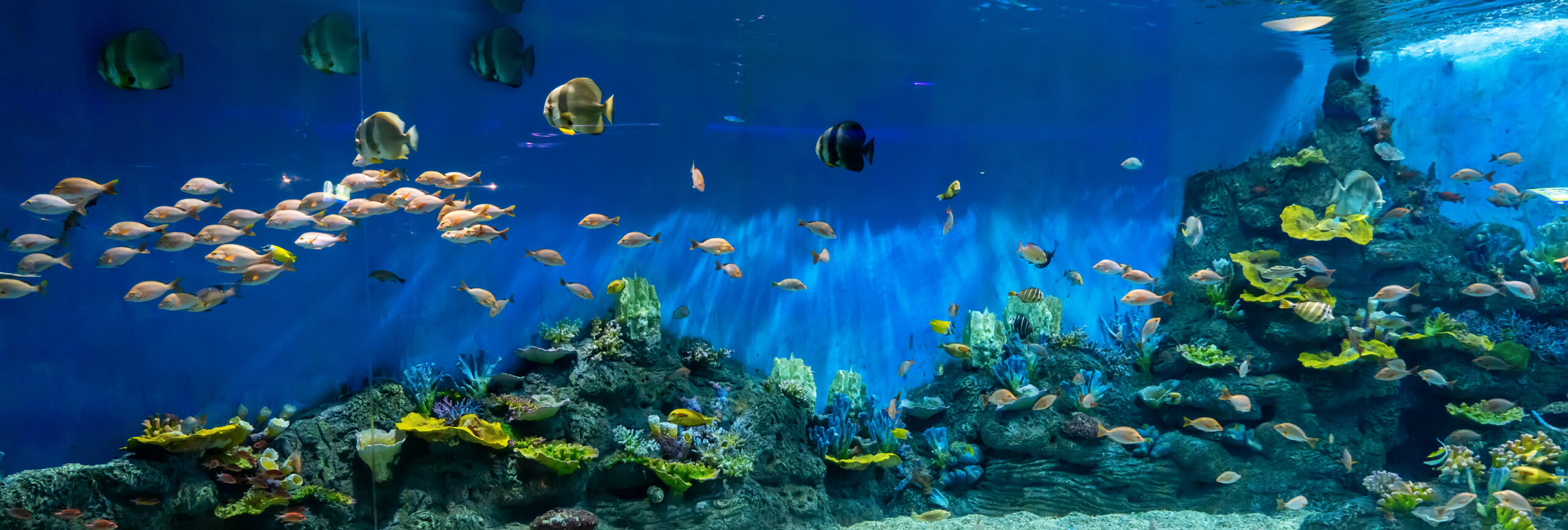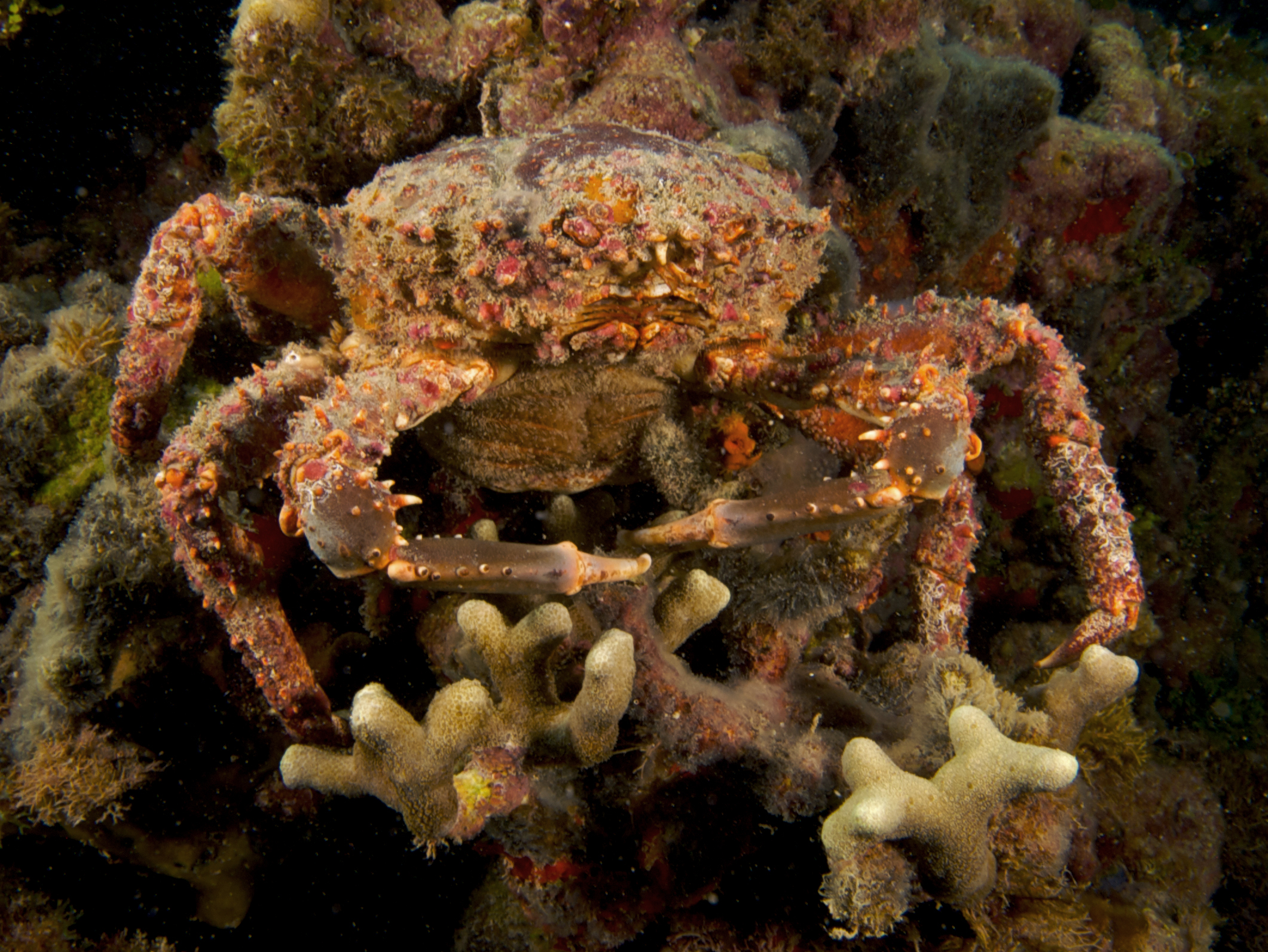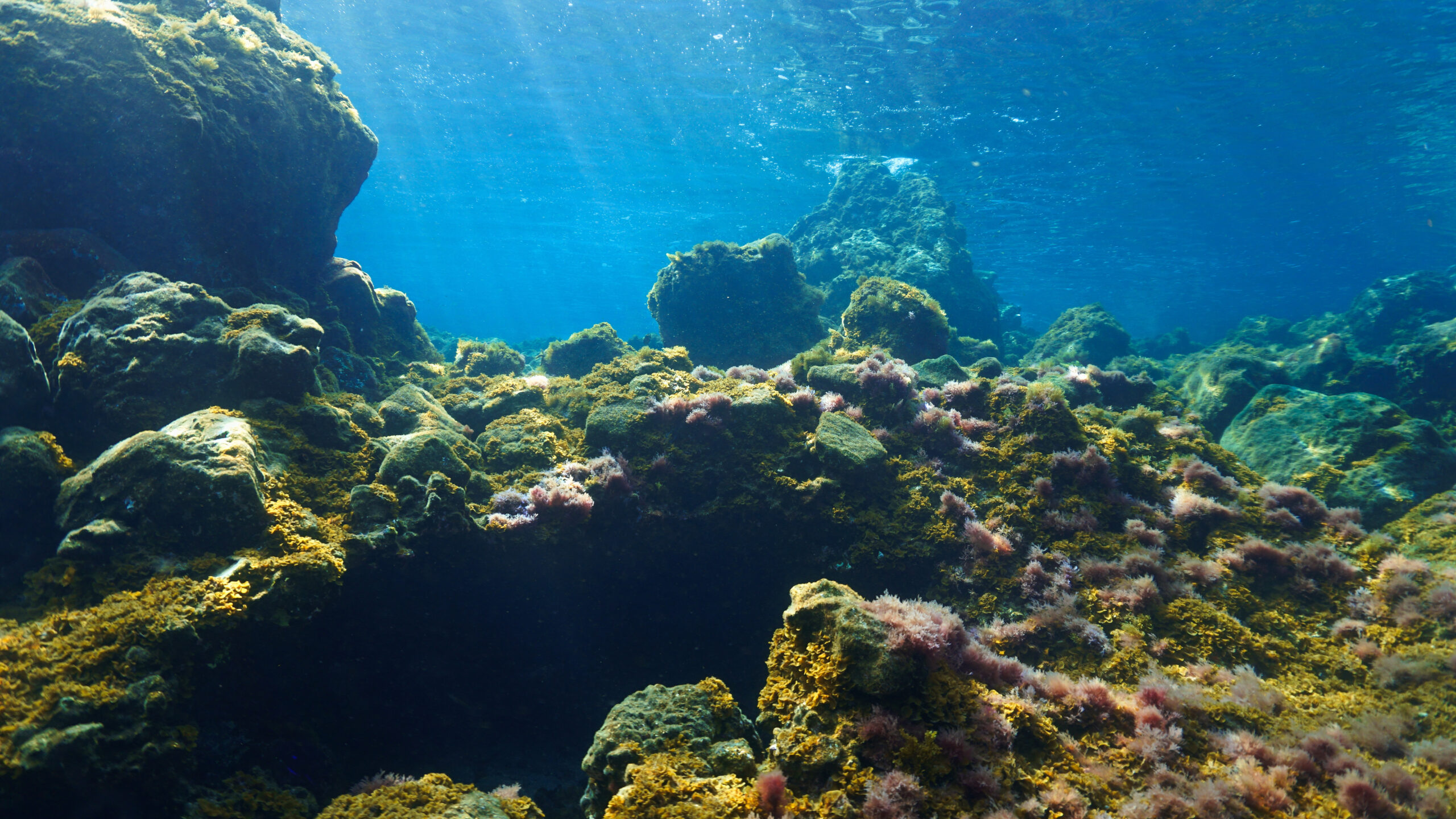 The Florida coral reef, a natural wonder and vital ecosystem, is in a state of alarming decline. Stretching over 360 linear miles, from the Dry Tortugas to the St. Lucie inlet, the Florida Reef Tract is the third-largest coral reef system in the world, renowned for its breathtaking biodiversity and economic significance. However, multiple stressors, including rising temperatures, pollution, and disease outbreaks, are pushing this fragile ecosystem to the brink of collapse.
The Florida coral reef, a natural wonder and vital ecosystem, is in a state of alarming decline. Stretching over 360 linear miles, from the Dry Tortugas to the St. Lucie inlet, the Florida Reef Tract is the third-largest coral reef system in the world, renowned for its breathtaking biodiversity and economic significance. However, multiple stressors, including rising temperatures, pollution, and disease outbreaks, are pushing this fragile ecosystem to the brink of collapse.
Pollution, particularly from nutrient runoff, is another grave concern. Agricultural runoff, sewage, and stormwater discharge introduce excess nutrients like nitrogen and phosphorus into the coastal waters, creating conditions that promote harmful algal blooms. These blooms smother corals and block sunlight, disrupting their ability to photosynthesize and grow. The detrimental effects of pollution are compounded by coastal development, which often leads to habitat destruction and increased sedimentation.
Algae overgrowth in aquatic ecosystems is a persistent environmental challenge, threatening water quality, marine life, and overall ecosystem health. However, scientists and conservationists have increasingly turned to a natural solution – crabs – to help tackle this issue. Crabs are emerging as unlikely heroes in the battle against algae, offering an eco-friendly and efficient way to restore balance in delicate aquatic environments.
In a bold and innovative endeavor, scientists are spearheading a project aimed at annually raising 250,000 Caribbean King Crabs for the specific purpose of algae control. The primary objective behind this endeavor is to create a more hospitable environment for other reef restoration initiatives, such as the outplanting of coral fragments onto the seabed. Notably, the Caribbean King Crab is a native species to the area, mitigating the risk of unintended consequences.

These Caribbean king crabs have earned their reputation as voracious algae consumers, outstripping nearly all other fish or invertebrate grazers in the Caribbean, as indicated in a 2021 study led by Marine Ecologist Jason Spadaro. For this study, Spadaro conducted a comparison between typical reefs in the Florida Keys and those he had stocked with Caribbean king crabs, maintaining a density of approximately one crab per square meter. After a year, the reefs inhabited by these crabs displayed a remarkable 85 percent reduction in algae when compared to untouched reefs. Subsequent experiments confirmed these promising findings.
While corals confront an array of threats, including ocean warming, that even the most voracious of crabs cannot address, these crabs still play an integral role in the broader effort to rejuvenate ailing reefs. Over the course of decades, scientists have honed their skills in coral cultivation and transplantation to bolster reef ecosystems. However, the current focus is on ensuring the survival of these transplanted corals in their new habitats, a task where the assistance of Caribbean King Crabs proves invaluable, as highlighted by Spadaro.
The original article pre-edited is available at www.vox.com



